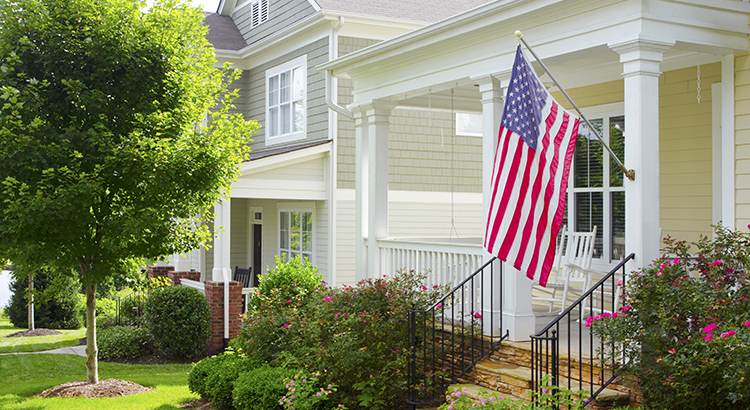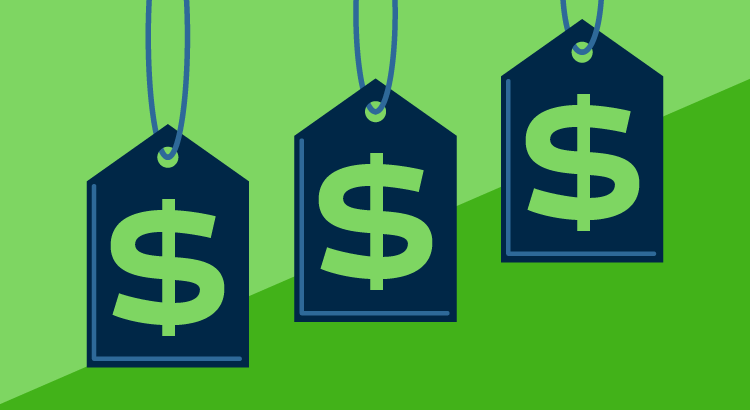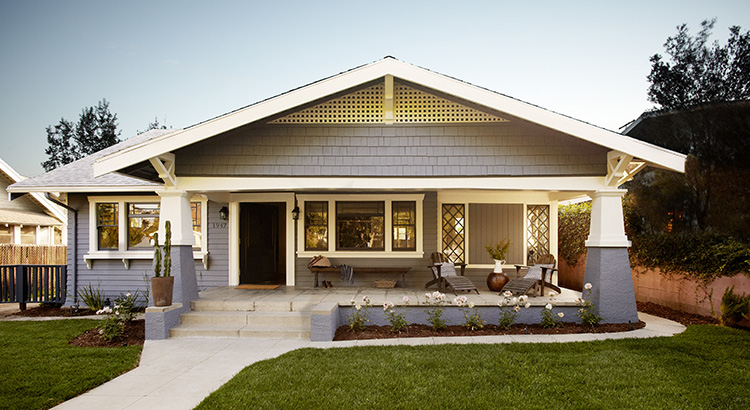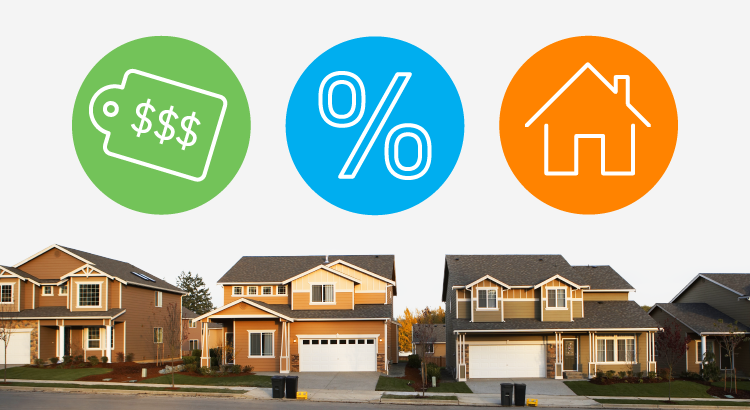
Where Are People Moving Today and Why?
Where Are People Moving Today and Why? Plenty of people are still moving these days. And if you’re thinking of making a move yourself, you may be considering the inventory and affordability challenges in the housing market and wondering what you can do to help offset those. A new report from Gravy Analytics provides insight into where people are searching for homes and what they’re prioritizing most right now. That information could help you plan your own move. 1. People Are Moving to Cities with Lower Housing Costs One big factor motivating where buyers are going is affordability and that’s no big surprise. People are relocating to areas that have less expensive housing options. As a result, small cities are thriving. Hannah Jones, Economics Data Analyst at Realtor.com, summarizes why: “Affordability is still very much front and center . . . a lot of what’s available is outside of the price range of many buyers. . . . so they look elsewhere for a little more bang for the buck.” The takeaway for you? If you’re having trouble finding a home that fits your budget, it may help to browse other, more affordable locations nearby. 2. People Want to Live Where They Vacation And, if you’re already expanding your search radius, you may be able to include a location that features your favorite type of destination, like a suburb near the beach or a mountain town. Data shows many other homeowners are making that type of move a priority today. According to the same report from Gravy Analytics: “Whether it’s the opportunity to enjoy more weekend hikes in the mountains or to wake up to a lakeside sunrise, people are moving to areas that were once thought of as vacation spots.” Even with today’s home prices and mortgage rates, here’s why a move like this could be possible for you. If you’re already a homeowner, the equity you’ll get when you sell your current house can help fuel that move and give you the down payment you’d need for your dream home. 3. People Who Work Remotely Are Taking Advantage of that Flexibility Ongoing remote work is another major factor in where people are moving. A recent report from the McKinsey Global Institute says this about recent movement patterns: “Many of these moves happened because employees untethered from their daily commutes began to care less about how far they lived from the office.” If you’re a remote or hybrid worker, you don’t have to live in the same city, or sometimes even the same state, as your job. That means you can prioritize other things, like being closer to loved ones, when buying a home. In fact, the same McKinsey Global Institute report notes for people who moved during the pandemic, 55% reported moving farther from the office. And since remote work is still a popular choice today, homebuyers will likely continue to take advantage of that flexibility. Bottom Line Lots of people are still moving today. If you want help navigating today’s inventory or affordability challenges, and expert advice to help you find your ideal home, let's connect.

Americans Still View Homeownership as the American Dream
Americans Still View Homeownership as the American Dream Everyone’s interpretation of the American Dream is unique and personal. But, for many people, it’s tied to a sense of success, freedom, and prosperity. These are all things that owning a home can help provide. A recent survey from Bankrate asked respondents which achievements they feel most embody the American Dream. The responses prove owning a home is still important to so many Americans today (see graph below): As the graph shows, homeownership ranks above other significant milestones, including retirement, having a successful career, and earning a college degree. A recent report from MYND helps shed light on why so many people value homeownership. It finds: “. . . nearly two-thirds of Americans (65%) see homeownership as a means of building intergenerational wealth.” That’s because, when you own a home, your equity (and net worth) grows over time as you pay down your home loan and as home prices appreciate. This can be a key factor in building intergenerational wealth and long-term financial stability. To further drive home the difference homeownership can make in your life, a report from Fannie Mae says: “Most consumers (87%) believe owning a home is important to ‘live the good life.’ . . . Notably, significantly more see ‘having less stress’ as a benefit achieved by owning than renting.” Especially today, this could be because, when you own a home with a fixed-rate mortgage, you stabilize what’s likely your largest monthly expense (your housing cost), and that helps combat the impact of rising costs from inflation. What Does This Mean for You? While it may feel challenging to buy a home today with higher mortgage rates and home prices, if the time is right for you, know that when you buy a home, incredible benefits are waiting for you at the end of your journey. Bottom Line Buying a home is a significant and powerful choice, embodying the foundation of the American Dream. If you plan to make your homeownership dream a reality this year, let’s connect to start the process.

A Smaller Home Could Be Your Best Option
Many people are reaching the point in their lives when they need to decide where they want to live when they retire. If you’re a homeowner approaching this stage, you have several options to explore. Jessica Lautz, Deputy Chief Economist and Vice President of Research at the National Association of Realtors (NAR), says: “As we see the transition of the large Baby Boomer generation age into retirement, it will be interesting to see if they move in with their Millennial and Gen Z children or if they stay put in their own homes.” Lautz lists two options: move into a multigenerational home with loved ones, or stay in your current house. Multigenerational living is rising in popularity, but it isn’t an option for everyone. And staying put may fit fewer and fewer of your needs. There’s a third option though, and for some, it’s the best one: downsizing. When you sell your house and purchase a smaller one, it’s known as downsizing. Sometimes smaller homes are more suited to your changing needs, and moving means you can also land in your ideal location. In addition to the personal benefits, downsizing might be more cost effective, too. The New York Times (NYT) shares: “Many downsizers expect to improve their retirement income stream if their new home costs less than what their old house sells for. Lower utility costs, insurance and property taxes — as well as investment returns on the proceeds — can also improve the bottom line.” Being in a strong financial position is one of the most important parts of retirement, and downsizing can make a big difference. A key part of why downsizing is still cost effective today, even when mortgage rates are higher than they were a year ago, is the record-high level of equity homeowners have. Leveraging your equity when you downsize can lower or maybe even eliminate the mortgage payment on your next home. So, not only is the upkeep of a smaller home likely more affordable, but leveraging your home equity could make a big difference too. Your local real estate advisor is the best resource to help you understand how much equity you may have in your current home and what options it can provide for your next move. Bottom Line If you’re a homeowner getting ready for retirement, part of that transition likely includes deciding where you’ll live. Let’s connect so you can understand your options and explore your downsizing opportunities.
Recent Posts











